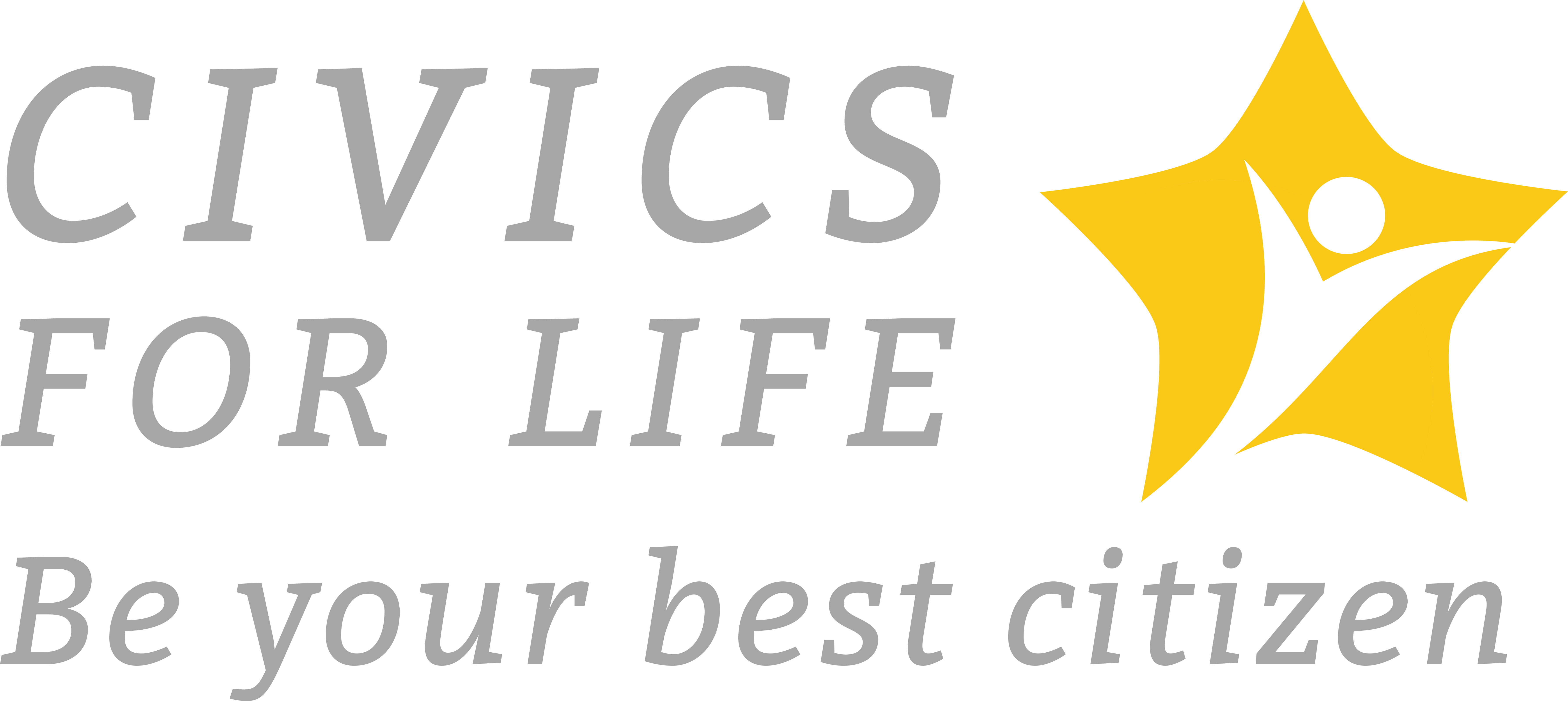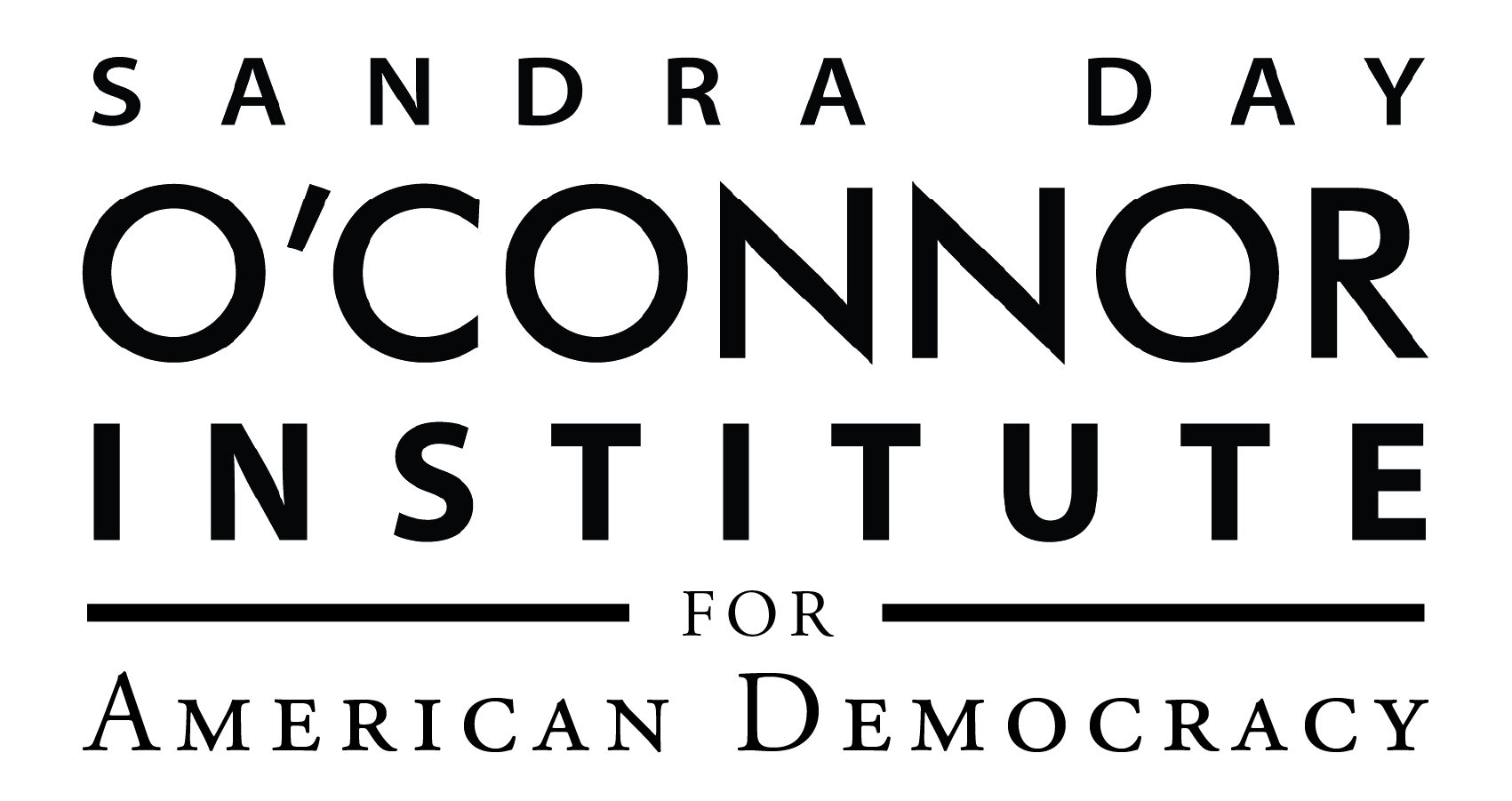Read
Civics for Life Quarterly, Issue 3
Our democracy and society depend on civic education—a vital tool that gives Americans the knowledge, skills, and values necessary for being well-informed citizens and actively taking part in our democratic system. While there have been significant efforts to improve civic knowledge among K–12 students and educators, it’s important not to forget about adults who missed…
Read MoreNew Evidence on Trickle-Down and Trickle-Up Influences in Civic Education and Engagement
Families play a big role in shaping political identities, but the details of how this happens are less clear. The O’Connor Institute’s premier policy brief uses K-12, birth, and voting records for over 580,000 students to investigate this question. The findings are significant and will be of great interest to policymakers, educators, and families.
Read MoreCivics for Life Quarterly, Issue 2
The story often told is that rural America is in decline, and that rural Americans are resentful of their suburban and urban counterparts. But Elizabeth Currid-Halkett argues in her new book The Overlooked Americans: The Resilience of Our Rural Towns and What It Means For Our Country that rural Americans and rural America are in many ways actually…
Read MoreCivics for Life Quarterly, Issue 1
In today’s edition you’ll find an exclusive taped interview with Dr. Anthea Hartig, the first woman director of the Smithsonian Institution’s National Museum of American History; four questions on ranked-choice voting (RCV) with Kevin Meyer, lieutenant governor of Alaska 2018-2022 where RCV voting takes place; and an essay, “Why Civics, Why Now?” We hope you enjoy the Quarterly and subscribe.
Read MoreWhat is Civics for Life?
Welcome to Civics for Life, the multigenerational online resource for civics education, civil discourse, and civic engagement.
Read MoreWhy Does the Electoral College Matter?
The Electoral College is an essential part of the United States’ democratic process. Every four years, citizens across the nation participate in an election to determine the President and Vice President of the United States. However, the outcome is not determined by the popular vote but by the Electoral College. The Electoral College was established…
Read MoreHistory of the State of the Union
The State of the Union address is a crucial moment in the United States political calendar. It is mandated by the Constitution (Article II, Section 3) for the President to provide Congress with updates on the country’s current state, as well as recommend measures deemed necessary and appropriate. With the introduction of televised addresses by…
Read MoreHow to Engage in Civil Discourse
Civil discourse is an active pursuit: participants should be actively respectful, open, friendly, and generous. Good faith is communicated not only through words but also facial expressions and body language. Disagreement is a natural and healthy part of conversation; you can and should disagree without being disagreeable. How can I engage in civil discourse?One need…
Read MoreOn American Political Compromise
The headlines proclaim it: compromise in public policy, especially legislative compromise, is now passé.
Are these reports true? If so, how did we get here? Have political compromise and bipartisanship really become little more than relics? The answers, perhaps unsurprisingly, are more complicated than the headlines would have us believe.
Read MoreThe Importance of Civic Education
“We pay a price when we deprive children of the exposure to the values, principles, and education they need to make them good citizens.” ~ Justice Sandra Day O’Connor The success of our democracy and society depends on civic education. It equips us with the knowledge, skills, and values necessary to become informed citizens actively…
Read More
